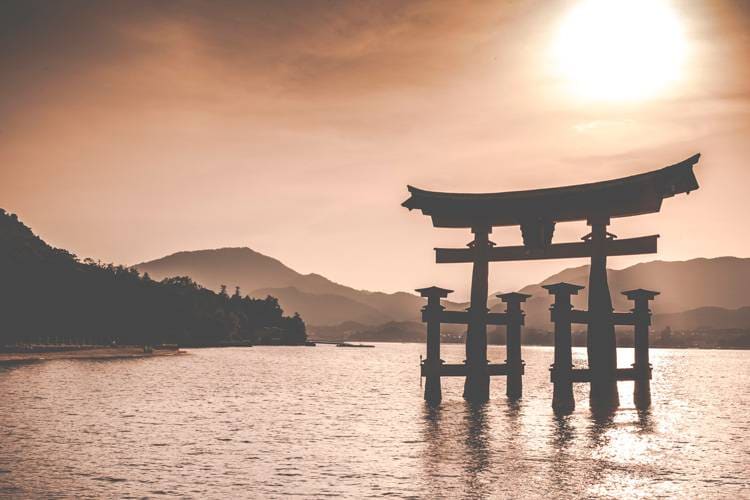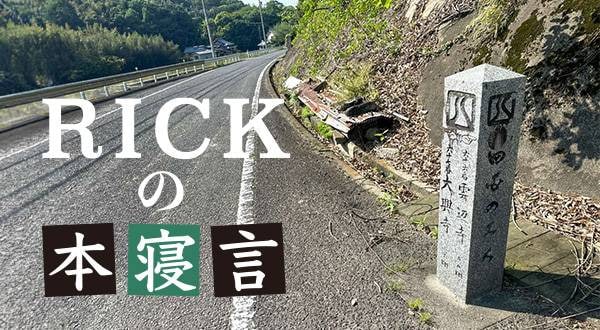In the 2025 House of Councillors election, the optional separate surname system for married couples has emerged as one of the key points of contention. While much of the debate centers around constitutional compatibility, family unity, and individual disadvantages, this article aims to approach the issue from a different angle to explain why this debate could be a perilous topic, one that potentially threatens the very survival of the nation.
It goes without saying that individual rights are important. I’m proud that in our beloved Japan, a variety of rights are protected under the Japanese Constitution. However, we must remember that individual rights are cultivated within a framework of social order, and deviating from that framework cannot easily be justified.
Take adultery, for example: can that be considered an individual right? There have been very public romantic affairs by actors, claiming that such relationships have contributed to Japan's cultural richness. But putting aside that difficult and sensitive topic, let’s turn our attention to a country where the pursuit of individual rights has been taken to the extreme, the United States.
Something many Japanese people may not know is that the United States does not have a family registry system like Japan. As a result, individuals are free to choose their own names. In other words, names are not something assigned by parents, but rather something chosen by the individual themselves. It’s a right that is legally recognized.The process is surprisingly simple. it’s generally just a matter of submitting the proper paperwork to the U.S. Social Security Administration. If someone doesn’t like their name, they can simply change it. That’s how much personal freedom is allowed in America. Now, whether one sees that level of freedom as admirable or problematic is a matter of personal opinion. But the point is this: the “selective dual-surname system” (as proposed in Japan) has the potential to gradually shift society in that same direction. Once we begin moving down the path of prioritizing individual rights above all else, it becomes increasingly difficult to reverse course or set limits.
What sets Japan apart from countries like the United States and others is the existence of its world-renowned koseki (family registry) system. Thanks to the continued use of this system, there are family lines in Japan that have maintained detailed genealogical records for over a thousand years. The ultimate example of this is the Imperial Family, whose lineage and royal history are admired worldwide.The fact that family trees have been recorded and preserved over such a long period is rooted in the deeply held cultural value of protecting and honoring one's family line. It is a principle at the very foundation of the koseki system.
Today, only a handful of countries in the world still maintain a koseki kind of system. Its origins can be traced back to ancient Israel. In both the Old and New Testaments, genealogies are meticulously recorded from the creation of mankind through Abraham, David, and Jesus Christ .Around the 7th century BCE, after the fall of the Northern and Southern Kingdoms of Israel, millions of people were dispersed eastward across Asia. As a result, the people of Israel eventually migrated to regions such as modern-day China, Korea, Southeast Asia, and Japan. With them, they carried their traditional emphasis on lineage, a cultural value that would take root and be passed down through generations.Thanks to this inheritance, countries like South Korea, China, Taiwan, and Vietnam still retain some form of a family registry. Among them, Japan’s koseki system stands out for its uniquely detailed, family-based documentation. Marriages, births, and other vital events are recorded clearly, making it possible to trace family relationships at a glance. No other country in the world has a system quite like this. It is a point of national pride and a shining example of Japan’s deeply rooted and exceptional cultural heritage.
Why is the koseki (family registry) system so important to the Japanese people?
Because the koseki is a record of Japanese lineage and history, and it symbolizes ethnic unity and allows individuals to trace their ancestral roots deep into Japanese history. Just as ancient Israel, as a unified ethnic nation, traditionally discouraged intermarriage with foreigners in order to preserve lineage, Japan’s marriage system historically operated on the premise of marriage between Japanese people, maintaining a commitment to protecting family heritage.Today, many modern Japanese may see such views as outdated or unrealistic.
Even so, the koseki system endures. Why? This is likely due to Japan's deep-rooted cultural reverence and a desire to protect what is uniquely Japanese. Japan is home to countless customs, traditions, and festivals that have been carefully preserved over the centuries; many of which are found nowhere else in the world. This is why many Japanese believe it is only natural to preserve these cultural achievements passed down by their ancestors. It’s a sentiment deeply embedded in Japan’s national identity.
In Japan, accepting a selective married surname system (i.e., allowing married couples to retain separate surnames) could risk undermining the continuity of traditional family names, such as the enduring identity of the “XX family.” For example, if a wife chooses to keep her maiden name after marriage and the children take on her surname rather than that of the traditional family line, then the names recorded in the children’s koseki could diverge from the family name passed down through generations. While it may still be technically possible to trace family roots using various genealogy methods, the actual family name cherished by the lineage may gradually disappear from official records. To avoid such issues, one proposed alternative is to allow individuals to use a common name (alias) rather than formally changing the name in the koseki. However, this too introduces complications. For example, deciding which name to use on personal IDs or official documents, and navigating the associated administrative hurdles.
Politicians who advocate for adopting separate surnames for married couples, citing how it’s “common in other countries,” may, whether knowingly or not, essentially be calling for the abolition of the koseki system itself. It raises the question: Are they only seeing the appealing aspects of such policies, while overlooking the complex issues tied to them? Once we begin to prioritize individual rights to the extent in which people are free to choose and change their own names at will, we risk fundamentally undermining the very structure and purpose of the traditional koseki system under the banner of “freedom”. Do these advocates truly understand that opening this door may ultimately mean rejecting the foundational values upon which Japan’s unique family and societal identity has long been built?
In Japan, even changing one’s name is not permitted unless there is a compelling social reason, and the family court approves it. No matter how much someone dislikes their own name, under current Japanese law, they cannot change it unless the court deems the reason valid and sufficient. Even if the change involves only a minor alteration, such as changing the kanji characters while keeping the same pronunciation, a formal petition must still be submitted to the court. The reason for the change must be clearly stated and official permission must be granted.This is the reality of Japan’s current legal system.
In the end, Japan faces a fundamental choice:should the nation prioritize individual rights to such an extent that it is willing to abolish the koseki system and implement a new system of separate surnames for married couples under the banner of personal freedom? Or, should Japan instead choose to preserve its ancient cultural traditions, maintaining the koseki system as an essential institution that has developed alongside the Imperial Family, which remains the symbol of the state, and continue to protect the continuity of its historical and familial heritage? This is the crossroads at which Japan now finds itself.
How we view the country of Japan is what’s truly at stake. This is a crucial turning point in our era. Simply saying, “Because other countries do it, Japan should be the same,” is no longer holding water. Are these people hoping that Japan will disappear and that all of us just become global citizens? Japan possesses a unique and incomparable culture that our people can be proud of. The real question is: How many people in Japan today still dream of cherishing our culture forever?





























